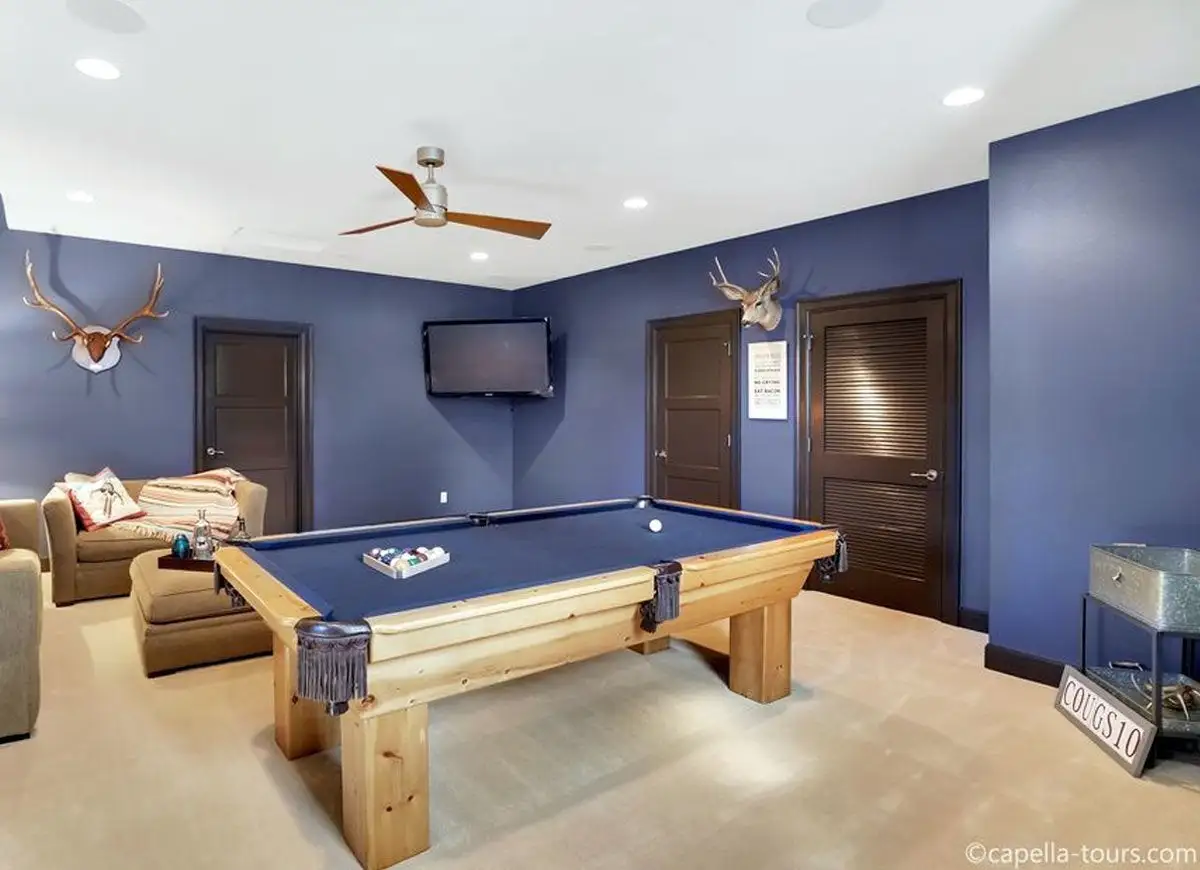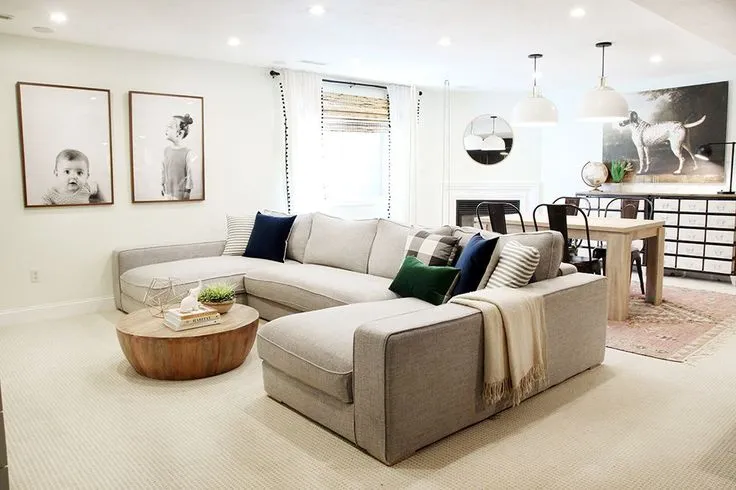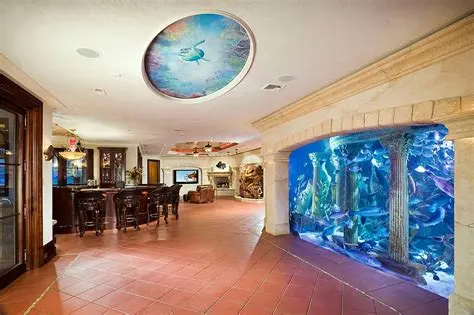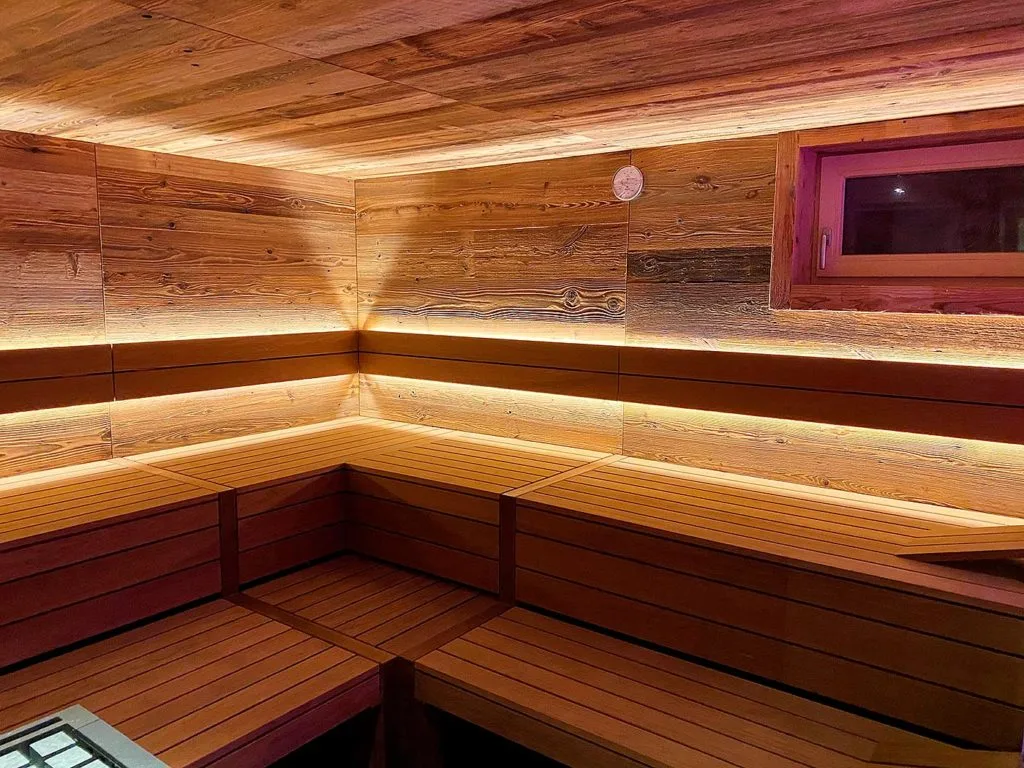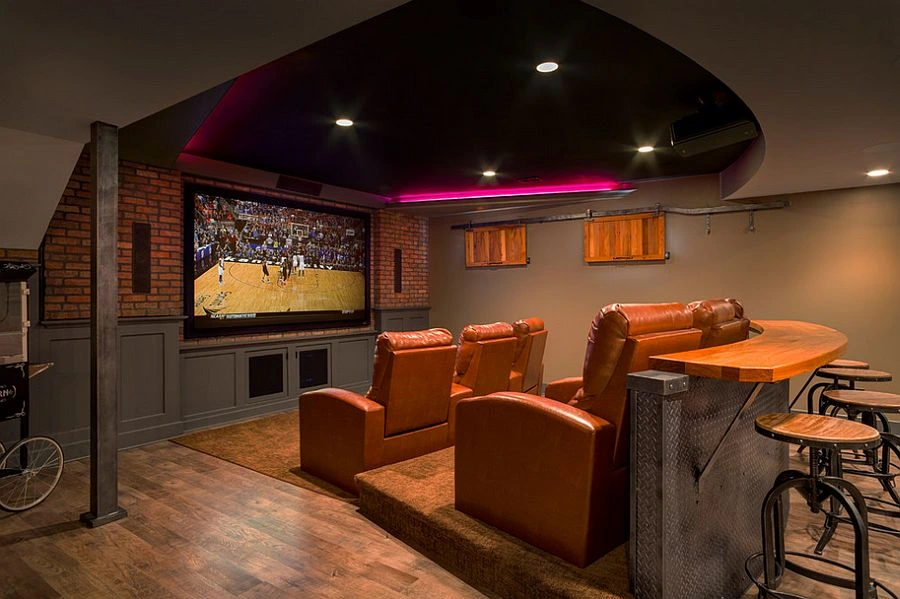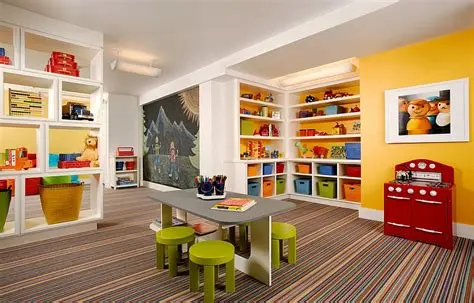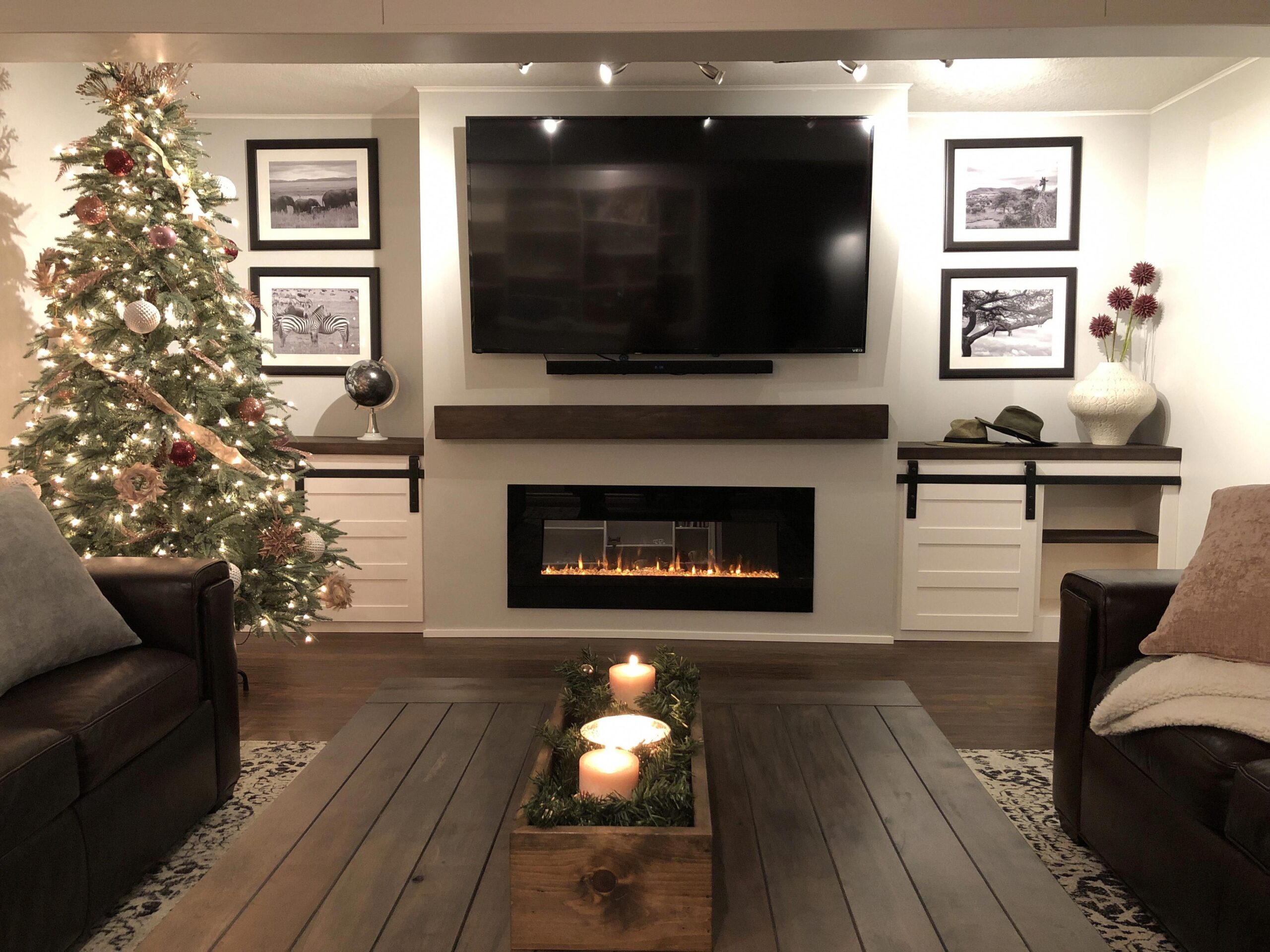Basement bliss: An escape to a cozy underground space
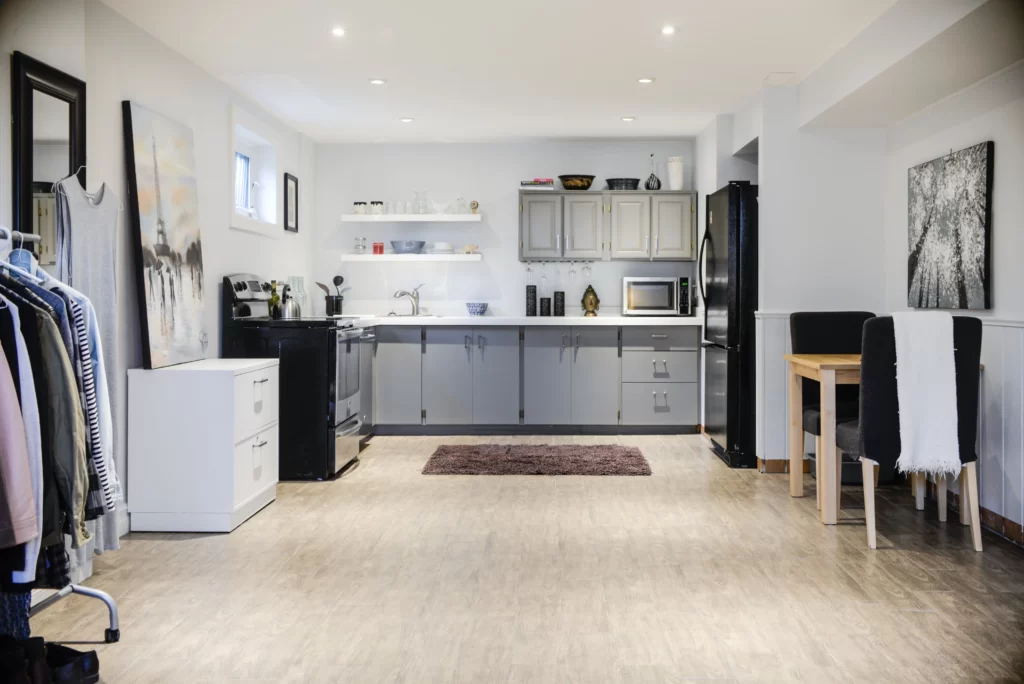
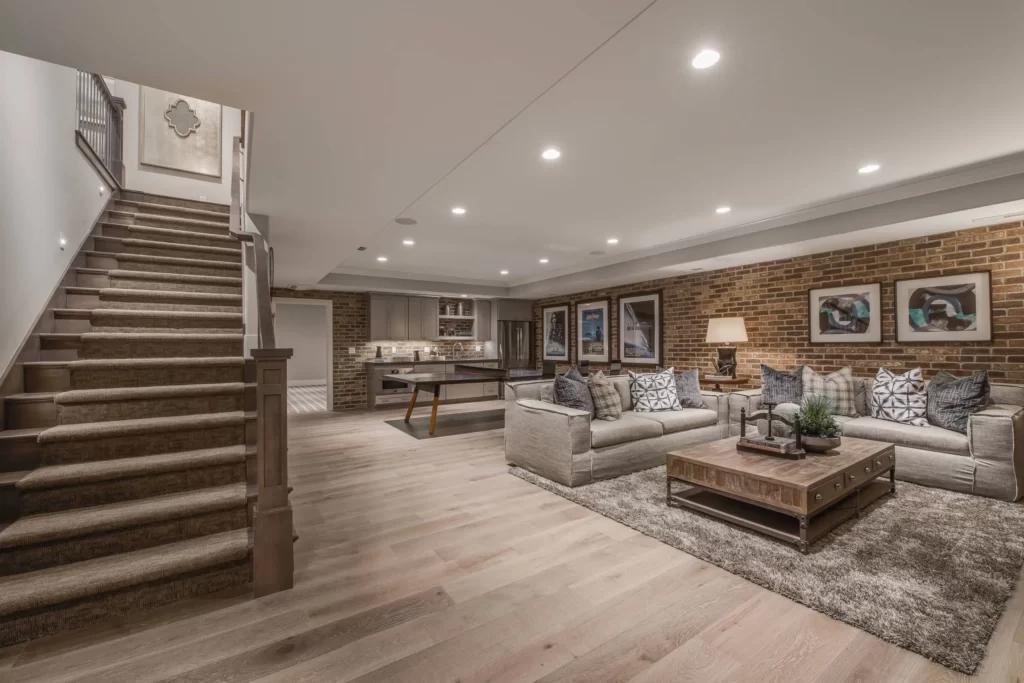
Introduction
The central idea of this article is to provide information and guidance on transforming or developing basement apartments, including the benefits, requirements, and steps involved in the process. The goal is to help homeowners understand how they can increase their living space, rental income, and property value by converting their basement into a functional and attractive living space. The page will also cover the various design and layout options, as well as tips for ensuring safety and compliance with local regulations.
Here are some of the financial values associated with developing or transforming a basement apartment:
Additional rental income
Developing or transforming a basement into an apartment can provide an additional source of rental income. Depending on the location and size of the apartment, this can be a significant source of monthly revenue. This additional income can help homeowners pay off their mortgage, build up savings, or invest in other properties.
Increased property value
Adding a basement apartment can increase the value of a property. A finished basement is an attractive feature for potential buyers, and having a separate apartment can make a property more appealing to those looking for rental income or multi-generational living arrangements.
Home equity
By developing or transforming a basement into an apartment, homeowners can increase their home equity. Home equity is the value of the home minus any outstanding mortgage debt. As the value of the property increases, so does the homeowner’s equity, which can be used for future investments or expenses.
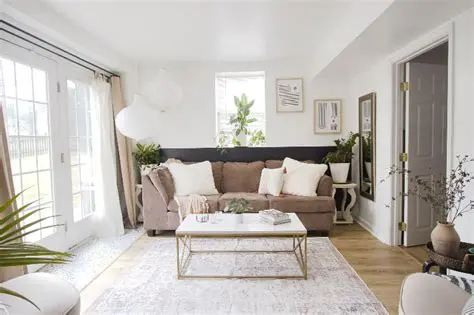
Cost savings
Developing or transforming a basement apartment can be a cost-effective way to increase living space. Rather than adding an expensive addition to the house, homeowners can utilize the existing space in the basement and save on construction costs.
Guide to Transform or Develop Basement Apartments
Creating a Livable and Inviting Space
Renovating a basement into a livable space can not only increase your living space but also add value to your home. A well-designed basement apartment can provide a comfortable living space for family members or serve as a rental unit for extra income.
Assessing the Basement Space
Before transforming a basement into an apartment, it is essential to assess the space. This includes evaluating the height of the ceiling, the layout of the room, the location of windows, and the condition of the walls and flooring.
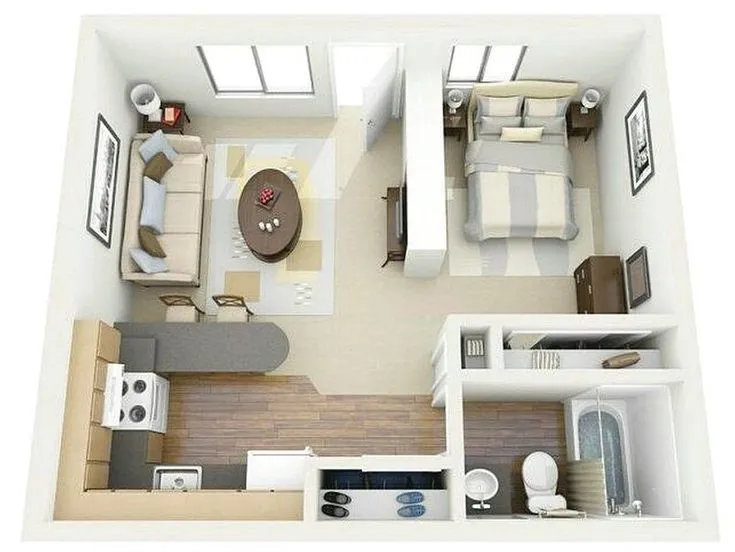
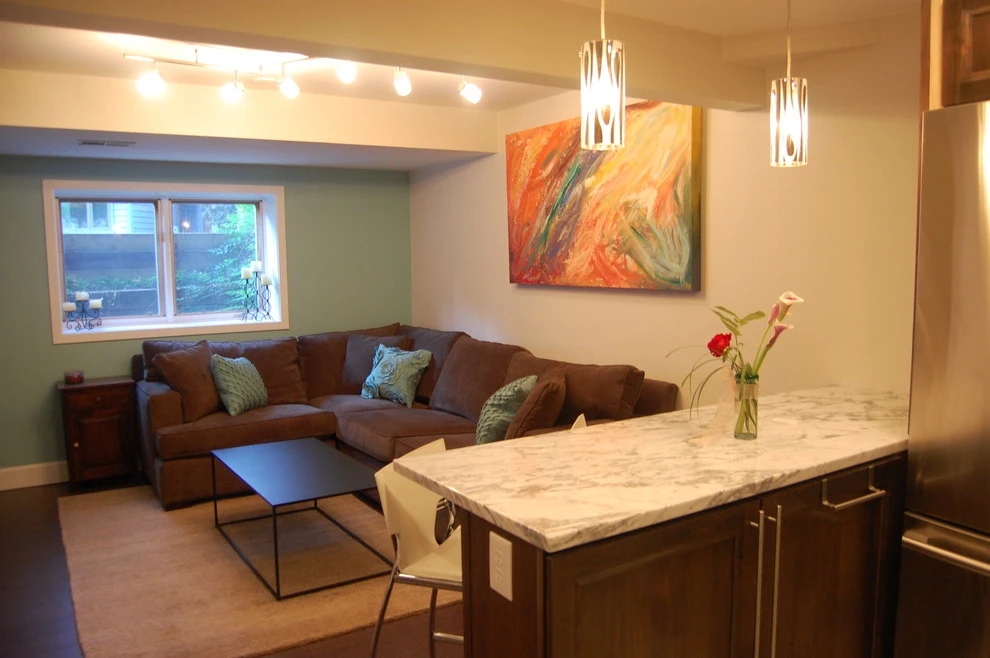
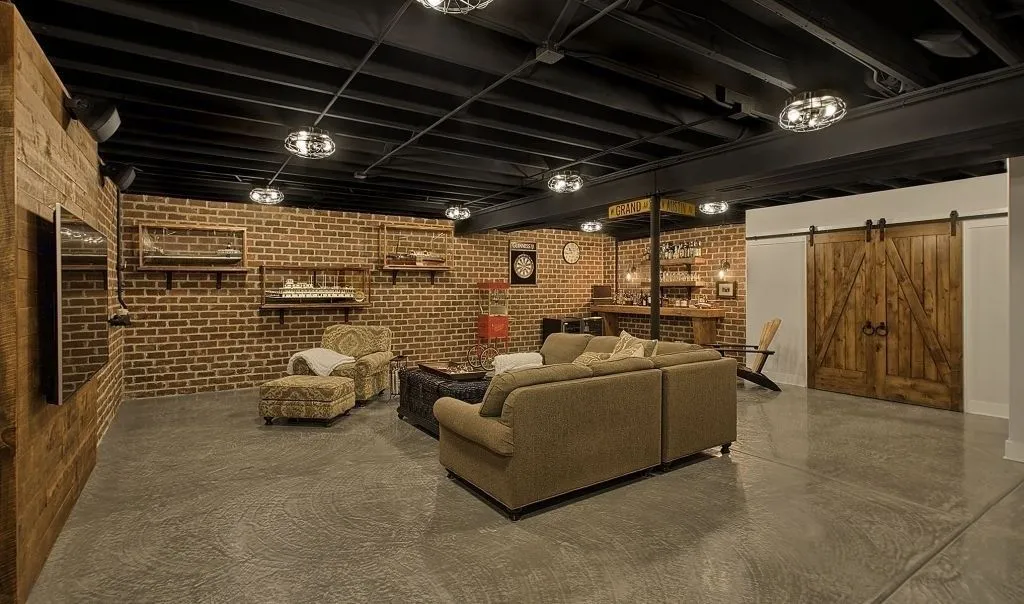
Layout
Consider the layout of the basement space. Think about where you want to put the bathroom, kitchen, and bedroom. This will depend on the size of the basement and the location of windows and doors. It is also important to consider the location of the staircase, which should be in a safe and convenient location.
Windows
The location and size of windows are essential in a basement apartment. Windows not only provide natural light but also serve as a means of escape in case of an emergency. It is important to ensure that windows are large enough and meet building codes.
Designing the Space
Once you have assessed the basement space, the next step is to design the apartment layout. This includes determining the number of rooms, the placement of walls, and the location of plumbing and electrical fixtures.
Number of Rooms
Consider the number of rooms you want in the basement apartment. A typical basement apartment includes a bedroom, bathroom, kitchen, and living area. However, the layout will depend on the size and shape of the basement.
Walls and Doors
Determine where you want to place walls and doors. This will depend on the layout of the apartment. It is essential to ensure that walls and doors are placed in a way that maximizes natural light and airflow.
Plumbing and Electrical
Determine the location of plumbing and electrical fixtures. This includes sinks, toilets, showers, electrical outlets, and lighting. It is essential to ensure that all plumbing and electrical work meets building codes and regulations.
Embark on a journey of endless options to transform your basement into your dream space now
Creating a Comfortable Space
After designing the space, the next step is to create an inviting and comfortable space that is suitable for living.
Lighting
Lighting is essential in a basement apartment. Natural light should be maximized by placing windows in strategic locations. In addition, artificial lighting should be used to create a warm and inviting atmosphere.
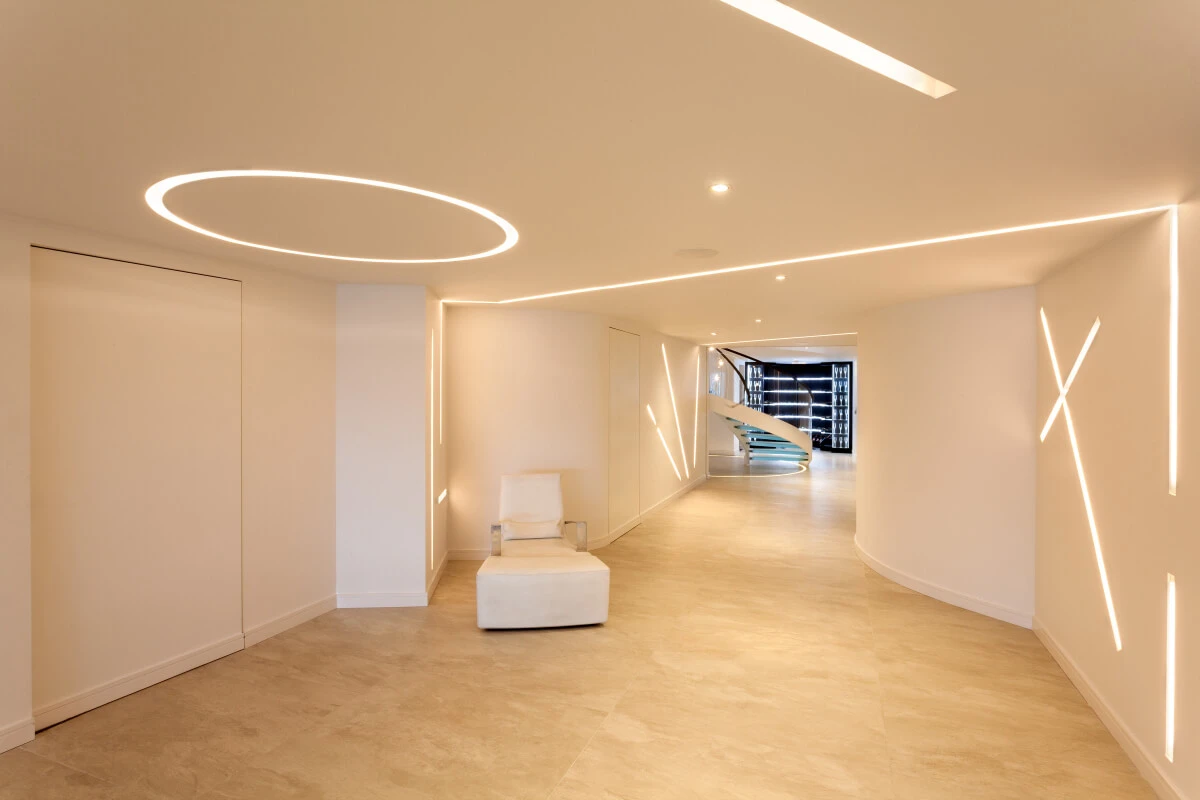
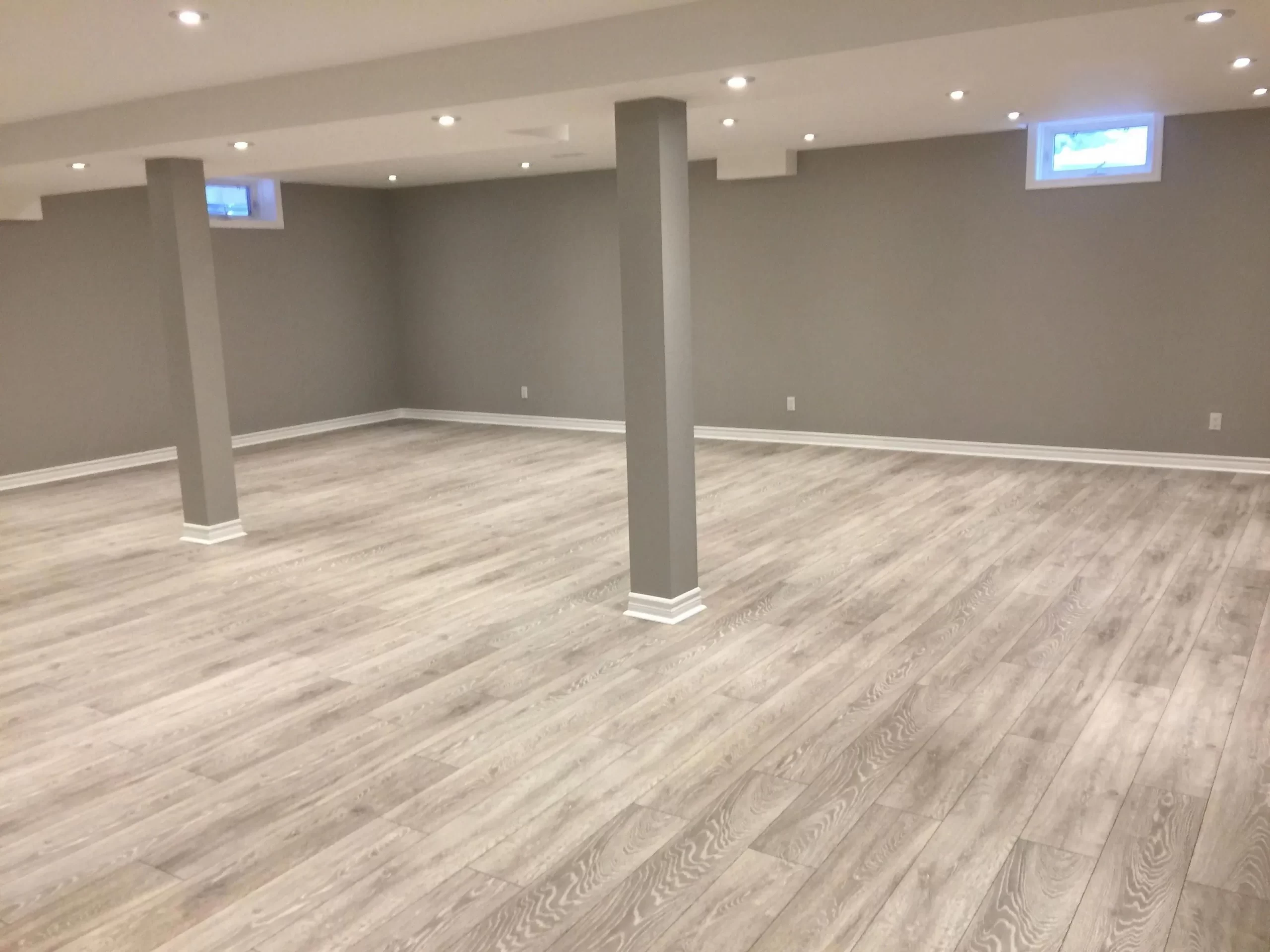
Flooring
The type of flooring you choose will have a significant impact on the overall feel of the apartment. Choose flooring that is durable, easy to clean, and comfortable. Popular options include laminate, tile, and carpet.

Your Dream Basement Projects starts from here : Ignite your options with our complementary quotation
Tips for Developing Your Basement Apartment
Check Local Building Codes
It’s also important to check your local building codes before starting any renovation project. Plan the Layout
Maintenance
Maintenance is a crucial aspect of owning and managing a property, including basement apartments. Regular maintenance can help ensure that the apartment is in good condition and can prevent more significant issues from arising in the future. It can also help keep the property’s value intact and make it more attractive to potential tenants. Maintenance tasks for a basement apartment may include cleaning the drains, checking for leaks, inspecting the electrical and plumbing systems, and ensuring that the ventilation is working correctly.
Final Note!
Transforming or developing a basement apartment can provide numerous benefits, such as creating additional living space, generating rental income, and increasing the overall value of the property. However, it is important to carefully consider factors such as local building codes, zoning regulations, and safety measures when planning the development. Before starting the project, it is also crucial to have a clear vision of the intended use and design of the space. Finally, consulting with a professional contractor or designer can help ensure that the project is completed efficiently and up to code. By following these guidelines, homeowners can transform their basement into a comfortable and functional living space that meets their needs and adds value to their property.
Basement Finishing Cost Calculator
FAQs
What is a basement apartment?
A basement apartment is a living space located in the basement of a house or apartment building.
Is it legal to have a basement apartment?
The legality of a basement apartment varies by location. It is important to check local zoning and building codes to ensure that a basement apartment is allowed in your area.
What are the benefits of having a basement apartment?
Some benefits of having a basement apartment include additional rental income, increased property value, and the ability to house friends or family members.
How much does it cost to develop a basement apartment?
The cost of developing a basement apartment can vary greatly depending on factors such as the size of the space, the extent of the renovations required, and the location.
Can I rent out my basement apartment?
Yes, if it is legal to have a basement apartment in your area, you can rent it out to tenants.
What kind of renovations are required to develop a basement apartment?
Renovations required to develop a basement apartment may include adding a separate entrance, installing plumbing and electrical systems, and ensuring adequate heating and ventilation.
How can I ensure the safety of my basement apartment?
A: To ensure the safety of a basement apartment, it is important to install smoke detectors, carbon monoxide detectors, and fire extinguishers. It may also be necessary to install egress windows to provide a secondary exit in case of an emergency.
What is the potential rental income for a basement apartment?
The potential rental income for a basement apartment can vary greatly depending on factors such as the location, the size and quality of the space, and the rental market in the area.
What are the tax implications of having a basement apartment?
The tax implications of having a basement apartment can vary depending on factors such as the amount of rental income earned and the extent of the renovations required to develop the space. It is important to consult with a tax professional to determine the specific tax implications in your situation.
How can I find tenants for my basement apartment?
There are a variety of ways to find tenants for a basement apartment, including advertising online, posting flyers in local businesses, and working with a rental agency. It is important to screen potential tenants carefully to ensure that they are a good fit for the space and will be reliable renters.

